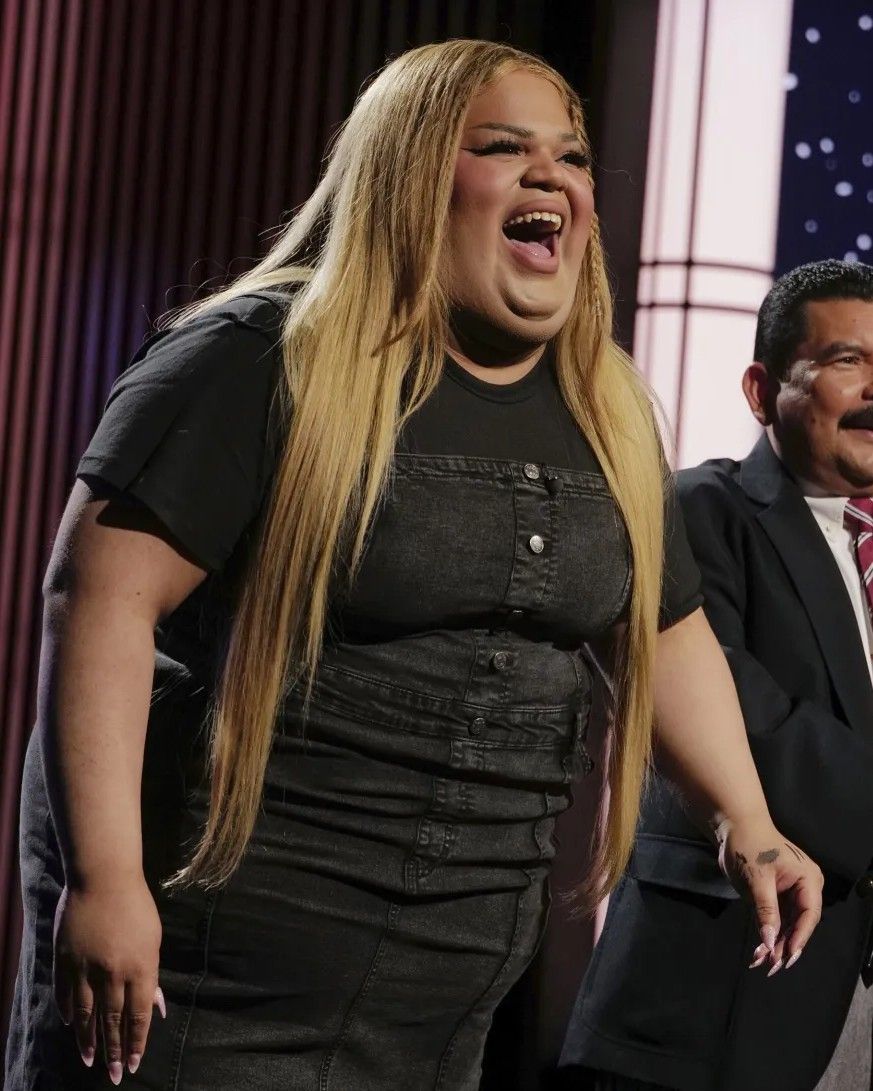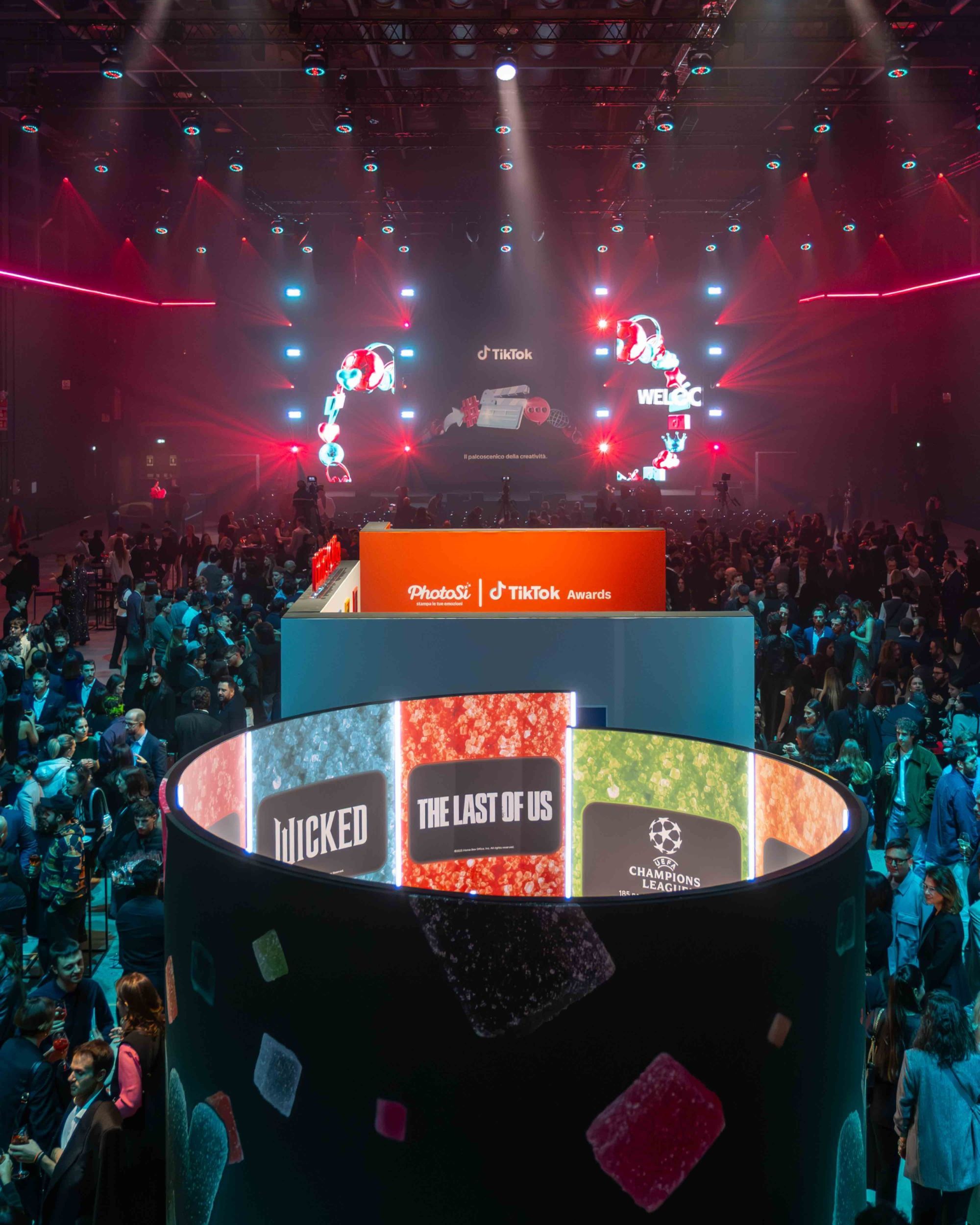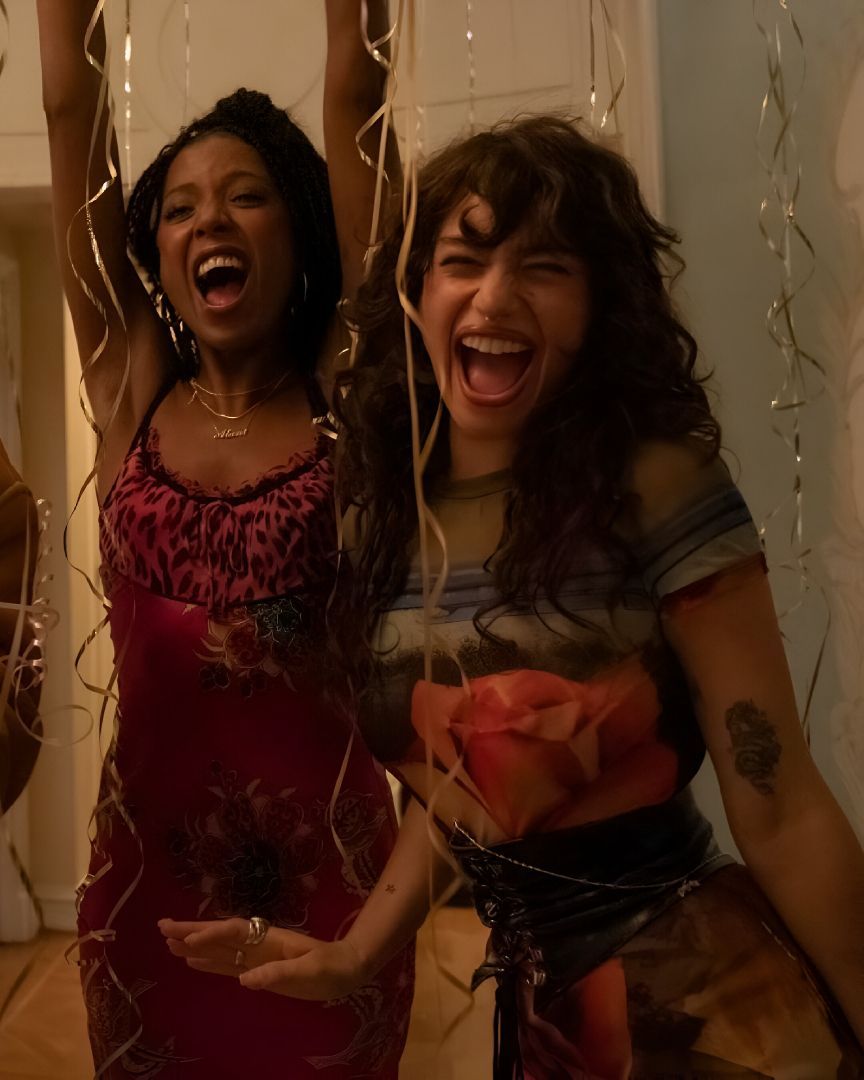
'Demure’ trend is already over When marketing drains authenticity
We live in a world where everything is commercialized and where the only objective parameter of success is profit. This tends to distort the authenticity of any cultural phenomenon, which, right from its inception, is devoured by the increasingly ferocious legions of marketing. This is the case with Jools Lebron, a content creator who this summer said the phrase "very mindful, very demure" in a TikTok video, making the expression viral practically everywhere – especially after the collective obsession with the aggressively casual aesthetic that Charli CXC’s Brat normalized at the start of the summer. But while the video that sparked the meme on social media has already become a cult with over 43 million views and an engagement rate of 53% (according to AdAge fifty times higher than the average of 1.37%), it’s likely that Lebron will not reap all the rewards of this success. Just a few days ago, it was revealed that a man from Washington, Jefferson Bates, completely unrelated to Lebron, had the idea to legally register the trademark "very mindful, very demure" before its creator could, who, in the meantime, had begun riding the wave of the trend by starting partnerships with large and small companies, from Netflix, Lyft, and Verizon to smaller brands like Patrick Ta Beauty, even ending up on television, interviewed by Jimmy Kimmel. The news of the legal mess, communicated by Lebron herself, attracted even more attention to the content creator, who within a day hired a new legal team to announce just a few hours ago that the situation is under control. Nonetheless, if the opportunity that came to Lebron is hugely positive for her career and personal life, the entire chain of events leading to a legal battle so soon has already, in part, sucked the authenticity out of a phenomenon that seemed to capture the vibes of the moment with extraordinary naturalness. In short, marketing has already ruined the “demure” trend.
Something similar happened a few months ago with the Hawk Tuah Girl, another girl who, after making a joke during one of those interviews directed at anonymous members of the public, found herself with a talent contract, appearances at country concerts, podcasts, and even a New York Mets game, along with merchandise sales. Rolling Stone even compared her to a "Gen Z Dolly Parton," provoking the complaints of a portion of the audience irritated by such an unearned celebrity, which was capitalized on almost with ferocity. But just like with Hawk Tuah Girl or Brat green, the “demure” trend is another example of how marketing today moves so quickly that it turns any joke, any viral video, into an ad, pulling it from the fun realm of spontaneity and bringing it into the much more forced and "sold" world of marketing and merch.
Hawk tuah. Brat. Demure. So much of meme culture rn is just like, here’s a word. We say it now
— Becca Lewis (@beccalew) August 17, 2024
It’s a somewhat mercantile logic that has always existed, of course, but in the social media economy, regulated by interactions, comments, and EMV, even the most casual meme is commercialized completely for free. In the case of “demure,” for example, the expression used by Lebron was not the reflection or brilliant synthesis of a phenomenon happening in the world (consider the impact of the phrase “Tourists go home” that appeared on walls across Europe this summer) but emerged with the same spontaneity as the Walmart Yodeling Kid in 2018, who is now a country singer, Brittany Broski aka Kombucha Girl who has now become a TikToker; or in Italy, Marco Morrone, better known for the “Saluta Andonio” video, who after a few years of TV appearances and even a meme-song has returned to private life. But whereas a few years ago, becoming a viral online character led at most to a few talk shows or a nightclub appearance and little else, today, both new Internet meteors emerge already with the awareness of monetizing these completely random moments, and companies are already eager and ready to offer them lucrative partnerships just days after their appearance.
The mechanism, in short, is well-oiled – but the effect is that, as with “demure,” the saturation of the trend, the peak of its spread, arrives in just a few days, leaving the audience feeling a certain fatigue due to the fact that extreme commercialization also coincides with a loss of humor and authenticity in the funny little moments. This is not just the creators' fault but also the marketers who incorporate a certain keyword into their emails, pitches, and eventually cross-media campaigns of all kinds, often in a forced and extemporaneous way, to the point of exhaustion. But whereas in the past, this marketing tended to arrive towards the end-life of certain trends, witnessing their decline, today, the “jumping the shark” into the mainstream (and there is nothing less cool than the mainstream) happens even earlier, giving us the illusion that a certain random slogan represents a sign of the times. Today, people are already talking, unreasonably, about the “demure fall” trend, giving the impression that the obsession with the term is a consequence rather than the cause of a certain cultural tendency or that the expression is anything more than a simple buzzword propagated somewhat randomly. Which makes us wonder: does every joke have to become a brand or a registered trademark? Can humor exist without capitalist exploitation? Anyone who becomes an overnight star would try to monetize it, but perhaps personal venality is not the main parameter by which we define culture.














































